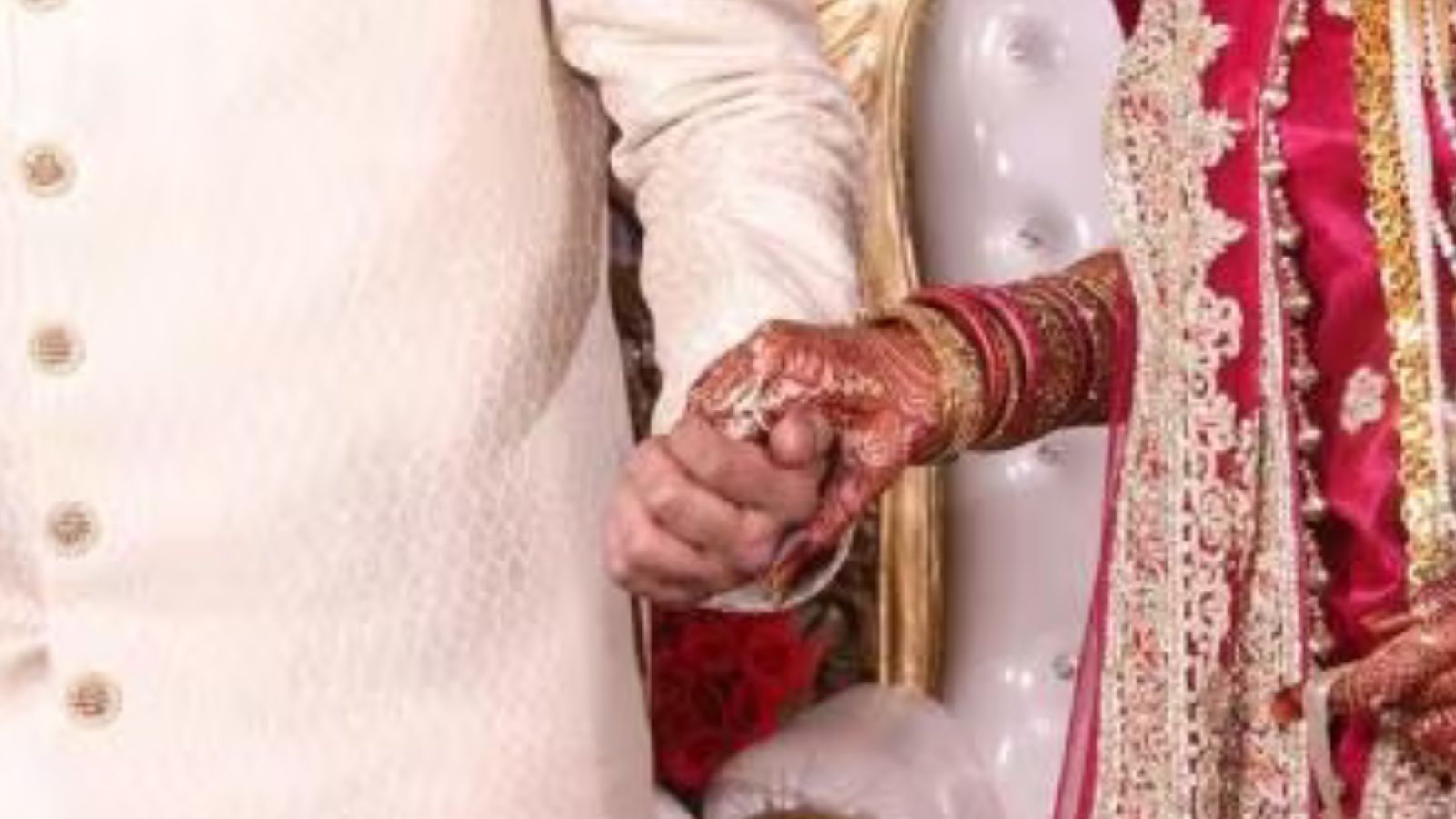The other day, a simple stationery purchase left me deeply troubled. A customer at the shop asked for Nikah Nama papers. The shopkeeper handed him a simple set priced at Rs 300. To my astonishment, the man felt insulted by the modest cost and demanded a more “expensive” version. He finally bought an ornate boxed Nikah Nama for Rs 2000 with an air of pride. The irony was that he was unemployed and financially dependent on his father.
This small incident reflects a much larger sickness in our society — an obsession with exhibitionism. Even in the most sacred and personal aspects of life, like marriage, we have allowed showiness to overpower simplicity and purpose. Today, engagements and weddings have turned into spectacles of wealth and vanity. From lavishly packed gift boxes filled with juices and dry fruits to customized hampers with personalized messages, cakes, and sweets, the focus has shifted from spiritual union to material display.
Though Kashmiri Wazwan remains an integral part of our culture, deeply rooted in tradition and meaning, its presentation today has undergone a striking transformation. Specially designed carry bags, often costing more than the food itself, have replaced the humble simplicity once associated with this cuisine. The traditional copper platter for four, once covered with plain paper, is now topped with a large mutton naan at some places or an oversized Kashmiri lavasa, turning even this simple covering into an object of showmanship.
A new trend has also emerged where individual tables are arranged and every guest accompanying the bridegroom is served a separate Wazwan platter. This practice erodes the essence of communal sharing that once symbolized equality and togetherness. The competition for opulence now extends further to transparent plastic boxes filled with tissues, wet wipes, mouth fresheners, toothpicks, chocolates, and towels. Traditional organic curd served in earthen bowls has long been replaced by disposable plastic cups and bottled drinks. What was once an act of warmth and gratitude has turned into an extravagant ritual driven by show and competition rather than hospitality.
This unending race for appearances has made marriage a distant dream for many poor and middle-class families. A practice meant to be sacred, simple, and accessible has become a financial nightmare. Families take loans or sell property to meet societal expectations, while many young men and women remain unmarried for years because they cannot afford the pomp and show that society now demands.
From an Islamic perspective, “The best marriage is that which is most easy and inexpensive”, Yet our practices have drifted far from this principle. Simplicity, once the soul of Nikah, has been buried under layers of decoration, competition, and social pressure.
The pressing question is: when will this stop? Who will lead us back to modesty and reason?
The solution requires a collective awakening. It must begin in our homes and our hearts. Families must find the courage to choose principle over prestige, to value blessings over vanity. Parents should teach their children that marriage is a spiritual commitment, not a social contest. Religious scholars have a critical role to play. They must speak openly against this extravagance in sermons and Friday khutbas, reminding communities of the true, simple spirit of Nikah.
Furthermore, local community leaders, Masjid and mohalla committees, social activists, civil societies and influencers must take practical steps. They can frame social codes that set reasonable limits on wedding expenses, and the scale of feasts.
Meaningful change does not happen overnight. It needs persistence and shared conviction. Perhaps we can set a target—say, five years to consciously bring about this shift. Let our district take the lead in championing simplicity. In cases of inter-district marriages, let it be known that we neither practice nor tolerate extravagance, and that anyone marrying into our community must respect its model of modesty.
This vision is not idealistic; it is achievable. But it requires a collective stand. Until we, as a society, reject this culture of show, marriage will remain a burden instead of a blessing. The time has come to reclaim the essence of Nikah, not as a display of wealth, but as a sacred bond rooted in faith, understanding, and simplicity.
The writer teaches at NM Govt Boys Higher Secondary School, Bandipora, and can be reached at maliknazir.a@gmail.com



